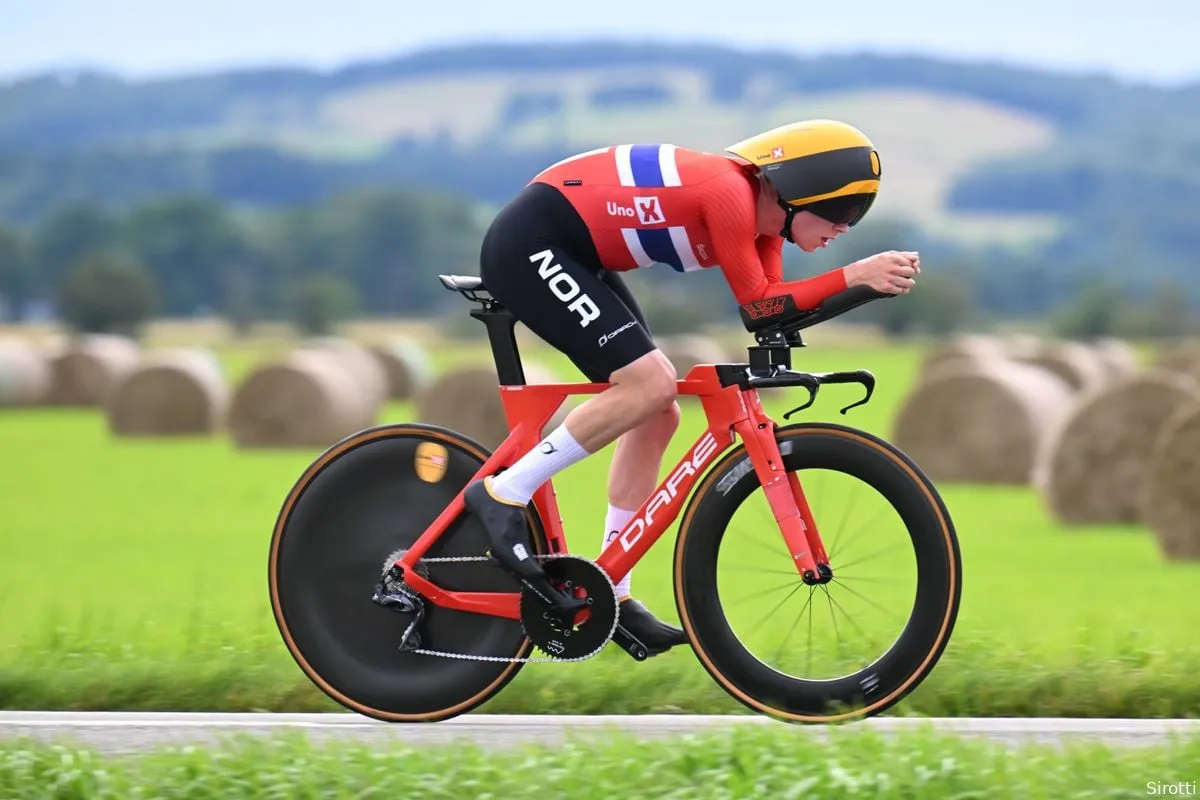Anti-Doping Organization demands UCI view on ketones and issues warning regarding trick with gas inhalation
CyclingThursday, 14 November 2024 at 15:37
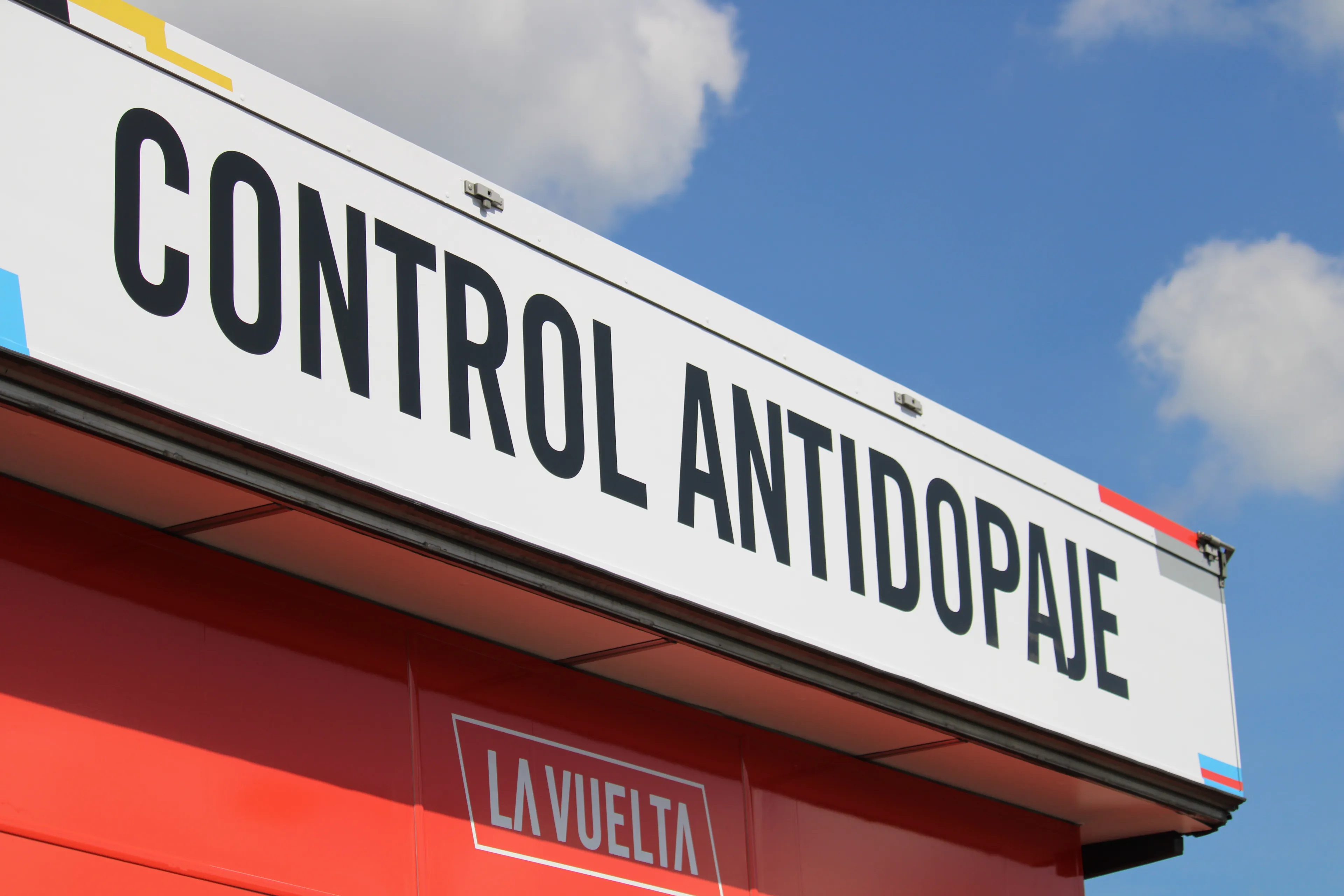
The Mouvement Pour un Cyclisme Crédible (MPCC) is not pleased at all with the speed with which the UCI is investigating the use of ketones in the cycling peloton. In
an extensive press release, the organization, which includes many WorldTour teams, announces that action must be taken quickly.
At an MPCC meeting on October 28 in Paris, the use of drugs in cycling was addressed. "The issue of ketones is more problematic than ever, and it is sadly clear that the results of the studies commissioned by the International Cycling Union (UCI) on the subject are still awaited, putting cycling and the members of the MPCC in an embarrassing position."
After all, the anti-doping organization has been raising concerns about the use of ketones for years. Major teams such as Visma | Lease a Bike and Alpecin-Deceuninck have been using it for a long time, and to this day, it is not a banned substance either. Whether it is a performance-enhancing drug, opinions differ. However, the tiny bottles that are often drunk after a race to stimulate recovery are increasingly popular.
Read more below the photo.

Visma | Lease a Bike
MPCC also likes to see carbon monoxide banned
The MPCC stresses that it reported on ketones back in 2019, then based on a Belgian study. "Members were concerned about the health risks and the potential performance enhancement that the use of this compound could bring, the UCI does not plan to announce the results of impact assessment of ketones on health and performance until the end of 2025. We cannot accept such long delays, given the public health issues at stake and the credibility of our sport." The organization is simply asking for a clear veiw. "Either the UCI is certain that the use of ketones is acceptable and must make this known in a clear and precise communication. Or it is not, and it must be stated loud and clear that the institution does not recommend their use, or even prohibits it."
A "gray area" in terms of drug use now persists, the MPCC argues. In that regard, it also raises concerns about using carbon monoxide. This inhaled gas would be used to mimic the effects of altitude training. However, a clear reference is made here to an anti-doping rule prohibiting inhalation of certain gases. "With the health risk (potentially fatal), the complex and artificial technical aspect (misuse of technical and therapeutic means to artificially create physiological changes), and the world anti-doping code in force, the MPCC can only and strongly advise against the use of this technique… until it's banned.'
Read also
IDL-productions

Sanremo, a world title and the yellow jersey: Michael Matthews escaped death - and that reignited his spark

Unlike road colleagues Van der Poel or Van Aert, Nys rides twice as many cyclo-crosses: 'He doesn't want to ride only ten cyclo-crosses'
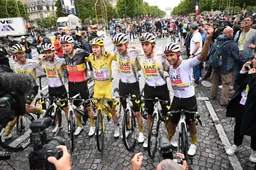
95 (or was it 97?) wins and a new record year, but losing that one race still hurts UAE Team Emirates - XRG

Former cyclocross world champion recalls wonderful memories of young Nys: "Back then we thought: that's not going to work out"

There was smoke so there was fire, but in 2026, how will Lidl-Trek make sure that fire doesn't flare up again?
Latest Cycling News

National coach on first duel Mathieu van der Poel vs. Wout van Aert

Day after tough comeback in Namen, Mathieu van der Poel is already showing his skills again
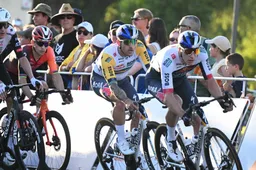
INEOS Grenadiers pleased to announce Sam Welsford: ''When we have sprinters, they’ve been pretty successful''

Skjelmose regrets statements about 'fellow nerd' Ayuso: 'I told him I was sorry'

'Filippo Ganna knows ambitions for 2026: big races ahead for Italian'
Popular Cycling News
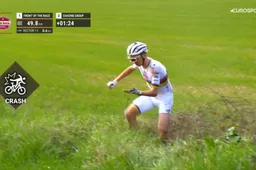
'I still clearly remember him lying on the ground, gasping for breath': Pogacar is often very lucky, but not always

Brennan stands up for Van Aert and deliberately did not choose Van der Poel's wheel in Roubaix: "Way too skilled for me"

Former Movistar teammate was already suspicious of Lazkano: 'When it smells like shit, sometimes, its just shit'

National coach on first duel Mathieu van der Poel vs. Wout van Aert
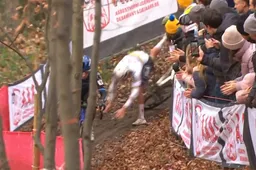
Even with Van der Poel, something can go too fast; world champion has indicated he wants a different approach for cyclocross winter
Latest Comments
- Those events are mental rest for him. Fun, without expectations. *Sagan lost his abilities because he gained weight and got lazy. Pogi will likely retire before that has a chance at happening.Veganpotter14-12-2025
- Ah, the consequences of riding for Israel.Veganpotter11-12-2025
- Pidcock could follow everyone but Pogi while finishing 3rd. No second place rider this season😃Veganpotter16-11-2025
- Now the Palestinian protestors can stop their whining. Trump came to the rescue. So they can now STFU and go back to waving the rainbow flags.raufus15-10-2025
- Cracked the code lol. If it was that easy to 'crack the code' jonny Vegas would be charging up the Kwaremont giving Pog a dose of his medicine. Evenepoel can't match pog on a climb and neither can mvdp. Anything with a half difficult climb and Pog smashes the field. Even on flat(ish)parcours like Roubaix it came down to a mistake and crash by pog to definitively crown mvdp. MSR is the only one that Pog probably won't win.kevpt10-10-2025
- We've seen this movie before. I think Pogacar is doping.DeadBlow10-10-2025
- 👍Bea08-10-2025
- 👌🏻Bea08-10-2025
- What the data doesn't show is how much of an effect drafting had for evenepoel. Pogacar went with del toro at 100km whilst Evenepoel was still in the bunch. Despite the bike changes he still had a lot of assistance getting back to the bunch. Pogacar then rode 60km solo whilst evenepoel rode with Healy/Skjelmose until going solo in thd last 10-15km. Thats ~20% less power / energy requirements for 45-50km. Apples and oranges...kevpt30-09-2025
- 👏👏Bea24-09-2025
Loading
